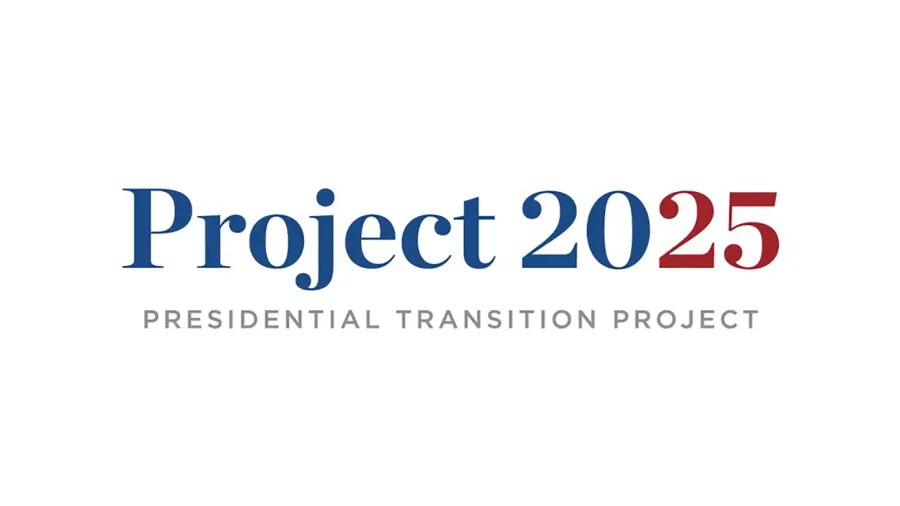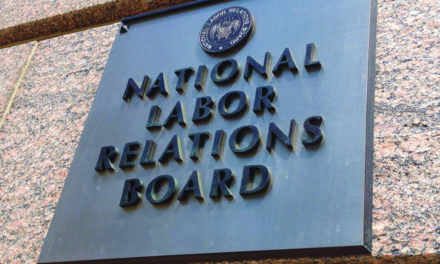“I have no idea who is behind it,” former President Donald Trump claimed on social media, attempting to distance himself from Project 2025, a conservative policy initiative. However, CNN’s investigative reporting found that nearly 240 architects behind Project 2025, titled A Mandate for Leadership, have significant ties to the Trump administration and the Heritage Foundation.
Trump’s connection to Project 2025 can be seen through the alignment of its policy goals with the goals of his “Agenda 47,” which outlines his plans if he were to win the presidency in 2024. Project 2025 is an initiative launched by the Heritage Foundation and supported by a coalition of conservative think tanks and policy groups. It aims to prepare a conservative administration to take office in 2025, with a comprehensive blueprint for implementing conservative policies across various government agencies.
Notably, Trump’s 2024 running mate, Senator JD Vance, wrote the foreword for the Project 2025 document. Six former Trump Cabinet secretaries — including former Secretary of State Mike Pompeo and former Secretary of Education Betsy DeVos — contributed to or collaborated on the more than 900-page playbook for a potential second Trump term. According to CNN, at least 140 individuals who previously worked in the Trump administration played a role in shaping Project 2025, underscoring the deep connections between Trump’s political orbit and this policy blueprint.
Furthermore, dozens more who staffed Trump’s government are now holding positions with conservative think tanks and advocacy groups advising Project 2025. Among these figures are Mark Meadows, Trump’s former chief of staff, and Stephen Miller, a longtime adviser known for his hardline immigration policies. Both have been instrumental in shaping Project 2025’s direction, particularly on issues like immigration and federal agency restructuring.
The Trump campaign and the Republican National Committee (RNC) have also shown direct involvement with Project 2025. They nominated Project 2025 leader Russ Vought as the policy director of the RNC’s 2024 Committee on the Platform. Vought, who served as the director of the Office of Management and Budget (OMB) under Trump, has been a key figure in conservative policy circles. He authored a chapter in Project 2025’s guiding document, Mandate for Leadership: The Conservative Promise, where he outlined strategies to drastically reduce the size of the federal government and impose strict budgetary controls.
In addition, Ed Martin, president of the Eagle Forum, an organization on Project 2025’s advisory board, was nominated as the deputy policy director of the RNC 2024 platform. Martin’s involvement highlights the alignment between Project 2025’s policy goals and the broader conservative agenda, particularly in areas like immigration, education, and government reform.
Despite Trump’s claim that Agenda 47 is his only platform, the similarities between it and Project 2025 are striking. Both documents advocate for the deportation of over 11 million undocumented immigrants, a plan that has drawn widespread criticism from immigrant rights organizations. As reported by The Guardian, both platforms also propose further immigration restrictions, including limiting asylum opportunities and increasing border security measures. These policies are reflected in the RNC’s platform, indicating a broader consensus within the party on these issues.
Education policy is another area where Trump’s Agenda 47 and Project 2025 converge. Both propose significant cuts to the Department of Education, with an emphasis on decentralizing control and increasing school choice initiatives. Moreover, both plans include provisions to implement anti-LGBTQ policies and restrict diversity initiatives in schools, reflecting a broader conservative push against what they term “woke” education policies. According to a report by The New York Times, these initiatives are part of a broader effort to reshape American education along conservative lines, with the aim of limiting federal oversight and promoting so-called traditional values.
Here are some other key points of connection:
- Project 2025 and Trump’s Agenda 47 emphasize priorities such as deregulation, reducing the size of the federal government, promoting conservative social policies, and reasserting American sovereignty in international affairs. These shared goals suggest that Project 2025 could serve as a framework for implementing Trump’s agenda.
- Personnel and Administrative Strategy: Project 2025 focuses on preparing a “government in waiting” by identifying and training conservative personnel to staff a future administration. This effort mirrors Trump’s interest in populating the executive branch with loyalists and individuals committed to his vision of governance, particularly his emphasis on dismantling the “deep state.”
- Public Support and Endorsements: Trump has publicly endorsed ideas and policies that align with the objectives of Project 2025, signaling that he sees the initiative as a key component of his potential second term. Additionally, some of Trump’s advisors and allies have been involved in promoting or developing the Project 2025 agenda.
Trump’s attempt to distance himself from Project 2025 appears increasingly untenable as more evidence emerges of the deep and pervasive ties between his political network and the architects of this ambitious policy blueprint. As the 2024 election approaches, the connections between Trump’s campaign and Project 2025 are likely to come under even greater scrutiny, raising questions about the true nature of his platform and the direction of the conservative movement in America.






